Host Organisation
Arctic Council Indigenous Peoples' Secretariat
Description
Indigenous Peoples worldwide have historically used cultural burning practices to manage their lands and prevent destructive wildfires, but colonization and fire suppression policies have disrupted this traditional knowledge transfer. This is particularly critical now as Indigenous territories, especially in the Arctic where warming occurs almost four times faster than the global average, face disproportionate impacts from wildfires, with 30% of these communities more likely to face evacuation and relocation. A COP29 session on Indigenous Peoples' fire management will highlight how reviving these traditional fire practices can inform modern wildland fire governance, noting that areas managed by Indigenous Peoples show the lowest incidence of wildfires, contributing to climate mitigation through carbon stock maintenance and biodiversity enhancement. The session, organized as part of the Arctic Council's Wildland Fires Initiative under Norwegian Chairship, will facilitate knowledge exchange between Arctic Indigenous Peoples and those from other regions, aiming to integrate traditional knowledge with modern fire management strategies.
This session at COP29 on Indigenous Peoples’ fire management will aim to highlight the disproportionate impact of climate change on Arctic Indigenous territories and emphasize the critical role of Indigenous Peoples in addressing environmental challenges such as wildfires. It will demonstrate how reviving fire practices of Indigenous Peoples can inform contemporary wildland fire governance, benefiting the climate, environment, and communities globally. Indeed, as wildfires become increasingly common and destructive, it is essential to recognize that areas managed by Indigenous Peoples, , exhibit the lowest incidence of wildfires. This significantly contributes to climate mitigation efforts by maintaining carbon stocks and enhancing biodiversity. The session will demonstrate and stress the importance of incorporating the Knowledge of Indigenous Peoples into discussions and actions on mitigating and adapting to changing fire regimes due to climate change – i.e. stewardship by Indigenous Peoples.
This session will outline and explore Indigenous fire stewardship practices and seek practical solutions that integrate the Knowledge systems of Indigenous Peoples with modern fire management strategies. By honoring the intricate understanding Indigenous Peoples have of local fire regimes—including climatic cycles, fire behavior, topography, and vegetation—it will showcase the renewed interest, feasibility and effectiveness of cultural and prescribed burning practices in a time of urgent global need. It will also look at how Indigenous Peoples who are not historically familiar with fire management are planning for a future with increased risk following years of evacuation threats, smoke alerts, and wildland fires encroaching on their homelands. Examples from the Arctic, will demonstrate how these practices have successfully reduced the extent of destructive wildfires and led to net reductions in greenhouse gas emissions. For interactive dialogue and knowledge exchange, the session invites Indigenous Peoples from other global regions to provide their valuable input for the discussion and share experiences and best practices.
The session will be organized as part of the Wildland Fires Initiative of the Norwegian Chairship of the Arctic Council and seeks to both facilitate a knowledge exchange on Indigenous Peoples’ cultural burning practices and experiences with wildland fires and a discussion on how national and regional climate action can benefit from including the Knowledge of Indigenous Peoples. The Arctic Council is the only international fora in which representatives of Indigenous Peoples’ Organizations sit at the same table as high-level state representatives with full participatory rights in connection with the Council’s negotiations and decisions. The Council’s work on fire has been initiated by Gwich’in Council International (GCI) and is currently ranging high on the Council’s agenda as the Norwegian Chairship decided to elevate Arctic wildland fires as an urgent climate change issue on the Arctic Council’s agenda, and beyond, to increase circumpolar collaboration, knowledge sharing, and partnership.
This session is a panel discussion that brings together strong voices of Arctic Indigenous Peoples’ Organizations contributing to the climate negotiations, LCIPP and the Arctic Council. It also invites Indigenous Peoples from other regions to join the dialogue. The aim is to promote good practices for the participation of Indigenous Peoples in international and national climate policy-making based on the model of full and effective participation of Indigenous Peoples’ Permanent Participants in the Arctic Council. Furthermore, the session will emphasize the important role of the Knowledge of Indigenous Peoples and the role of culture, as well as explore opportunities for knowledge co-production relevant to climate adaptation and mitigation solutions.
Speakers
Gunn-Britt Retter, Saami Council
Edward Alexander, Gwich’in Council International
Chief Gary Harrison, Arctic Athabaskan Council
Adamie Delisle Alaku, Vice-President, Makivvik, delegate of Inuit Circumpolar Council
Morten Høglund, Chair of the Senior Arctic Officials, Arctic Council
Languages
English


